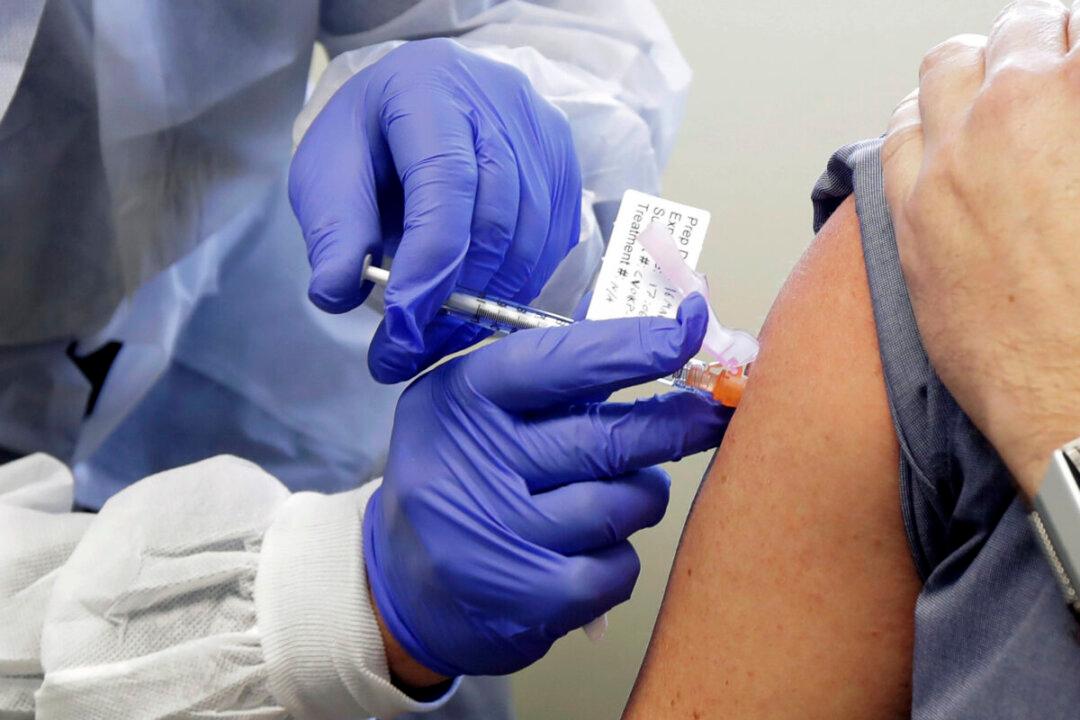President Donald Trump said the distribution of the two newly approved COVID-19 vaccines is going smoothly, calling the success of his administration in surging vaccine development a “great miracle.”
“Distribution of both vaccines is going very smoothly,” the president wrote in a tweet on Dec. 22. “Amazing how many people are being vaccinated, record numbers.”





